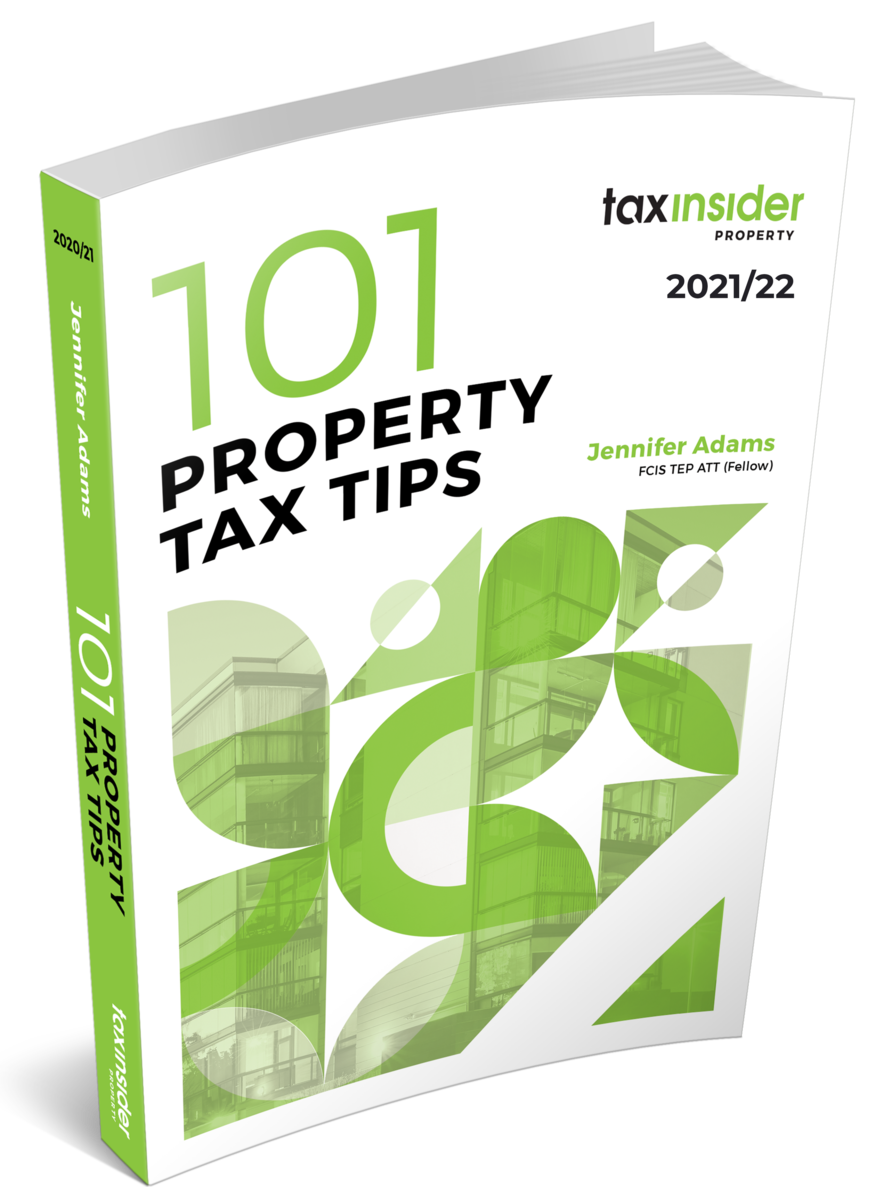Mark McLaughlin looks at anti-avoidance rules concerning the sale of an individual’s occupation income.
Turning income receipts into capital has been potentially attractive to individual taxpayers for many years. This is mainly due to the difference between the rates of income tax (i.e. higher and additional rates 40% and 45%) and capital gains tax (i.e. higher rate generally 20% for 2016/17, based on changes in Finance Bill 2016).
Ingenious and creative minds have long been trying to devise ways of achieving this objective. Generally speaking, tax ‘loopholes’ these days tend to be blocked with anti-avoidance legislation very soon after HM Revenue and Customs (HMRC) become aware of them. However, one set of anti-avoidance provisions, aimed at blocking particular attempts to turn income into capital, has been with us in various forms for decades. Unfortunately, the rules are not very well known, and can therefore present an unexpected trap.
Selling occupation income
The anti-avoidance rules in question (ITA 2007, Pt 13, Ch 4) affect sales of occupation income.
For example, Robert, a VAT consultant (who pays income tax at 40%), sold a licence in respect of his consultancy fees for the next three years to another VAT practitioner on 1 February 2016, for a capital sum of £200,000. He declares the transaction as a capital receipt on his tax return for 2015/16. Is he correct to do so?
An income tax charge under the above anti-avoidance rules can apply where the transaction has been effected to exploit Robert’s earnings capacity and a main object is the avoidance or reduction of an income tax liability (s 773(2)), if three conditions are satisfied. These conditions (A to C in the legislation) are broadly as follows (s 777):
- Condition A - The individual carries on an occupation wholly or partly in the United Kingdom;
- Condition B - Transactions are effected (or arrangements made) to exploit the individual's earning capacity in the occupation, by putting another person in a position to enjoy income or receipts from the individual's activities in the occupation (or anything derived from them); and
- Condition C - The transactions or arrangements result in a capital amount being obtained (by the individual or another person).
Payments for licences (or copyrights, or franchises) are specifically caught if the value of the right is derived from the individual’s activities. In the above example, Frank is trying to turn his income into a capital receipt, and each of the conditions A to C is satisfied. The capital sum would therefore fall to be charged to income tax on an ‘arising’ basis (i.e. in the tax year 2015/16, when the capital sum is receivable; s 778(3)).
Sales of going concerns
There is an important exemption from the income tax charge for sales of going concerns (s 784). This exemption applies to capital receipts for the disposal of assets (including any goodwill) or a partnership interest, if the value is attributable to a profession or vocation as a going concern. A similar exemption applies to the disposal of shares in a company.
However, this is subject to a further anti-avoidance rule. A potential restriction in the exemption applies broadly if the going concern value is derived to a material extent from future earnings attributable to the individual’s activities in the occupation. The exemption only operates in those circumstances if the individual will receive full consideration for the future earnings (e.g. a partnership profit share, or employment income as a company employee (s 785)).
Practical Tip:
A further possible let-out from the income tax charge is that it applies to an ‘occupation’. This means that activities of a kind undertaken in a profession or vocation are caught, whether as a self-employed individual, an employee or office holder (s 774). The anti-avoidance rules were probably intended to affect individuals such as actors and sportsmen (e.g. see Black Nominees Ltd v Nicol (and cross-appeal) [1975] Ch D 1975, 50 TC 229), but professionals such as accountants and solicitors are also potentially within the scope of the provisions. However, trading activities fall outside them.
Mark McLaughlin looks at anti-avoidance rules concerning the sale of an individual’s occupation income.
Turning income receipts into capital has been potentially attractive to individual taxpayers for many years. This is mainly due to the difference between the rates of income tax (i.e. higher and additional rates 40% and 45%) and capital gains tax (i.e. higher rate generally 20% for 2016/17, based on changes in Finance Bill 2016).
Ingenious and creative minds have long been trying to devise ways of achieving this objective. Generally speaking, tax ‘loopholes’ these days tend to be blocked with anti-avoidance legislation very soon after HM Revenue and Customs (HMRC) become aware of them. However, one set of anti-avoidance provisions, aimed at blocking particular attempts to turn income into capital, has been with us in various forms for decades. Unfortunately, the rules are not very well known, and can
... Shared from Tax Insider: Selling Future Business Profits: Income Or Capital?




